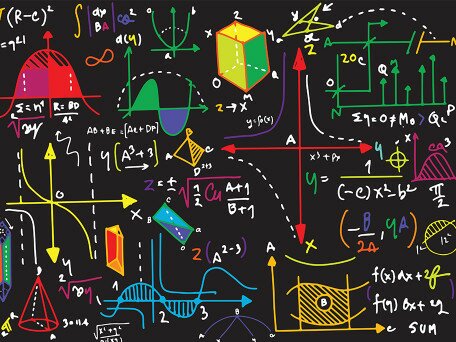Shaping Students’ Lived Space of Mathematics Learning: How Mathematics Teachers’ Beliefs and Values Affect Their Teaching
- Project Scheme:
- Early Career Scheme
- Project Year:
- 2021/2022
- Project Leader:
- Dr ZHANG, Qiaoping
- (Department of Mathematics and Information Technology)

Over the past few decades, East Asian students have been consistently been outperforming their Western counterparts in international large-scale mathematics assessments. However, their affect regarding mathematics is not optimistic. Good performance does not mean that students enjoy mathematics more than their peers elsewhere.
In recent years, competency-based instructional reform has been advocated around the world. Along with knowledge and skills, affective factors such as attitudes and values make up the core components of students’ competences. In Hong Kong, the development of students’ generic skills, such as communication, collaboration, critical thinking, and problem-solving, together with positive attitudes and values, has become one of the main goals of school education in the revised new mathematics curriculum. To improve the quality of instruction and implement the intended curriculum effectively, there is a need to facilitate students’ affective development, including the appropriate valuing of mathematics, to help them learn mathematics more effectively. Previous studies have revealed the diversity in students’ learning in mathematics, including in the cognitive and affective domains. Strong evidence has indicated that teachers are the primary agents who enact instructional reforms, shape students’ lived space, and have a substantial impact on student outcomes. This proposed project will aim to explore the influence of teachers’ beliefs and values on students’ mathematics learning. Beliefs relate to what one considers to be true, whereas values relate to what one considers to be important. Similarities and disagreements may coexist in the teachers’ and students’ beliefs and value systems. Hence, in the proposed project, a mixed-methods approach will be used to collect data from different processes, such as the intended or planning process, the implemented or teaching process, and attained or actual outcomes. An online survey of beliefs and values alignment will first be developed for teachers and their students separately within four secondary schools to obtain a holistic view of their beliefs and values in mathematics. After our analysis of the questionnaire, classroom observation and post-observation interviews will be conducted with eight invited teachers with different experiences and some selected students to understand the implemented values and to learn how value alignment was achieved. The results of the proposed study will contribute to our understanding of the quality of mathematics teaching under the curriculum change in the post–COVID-19 era, give credibility to the recurrent values research and value alignment framework, and increase the possibility of more effective mathematics teaching through the lens of values in teacher education.








